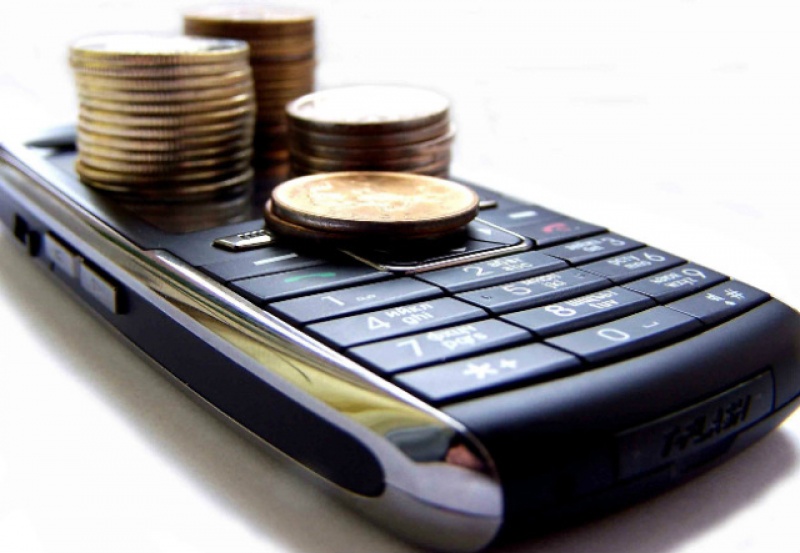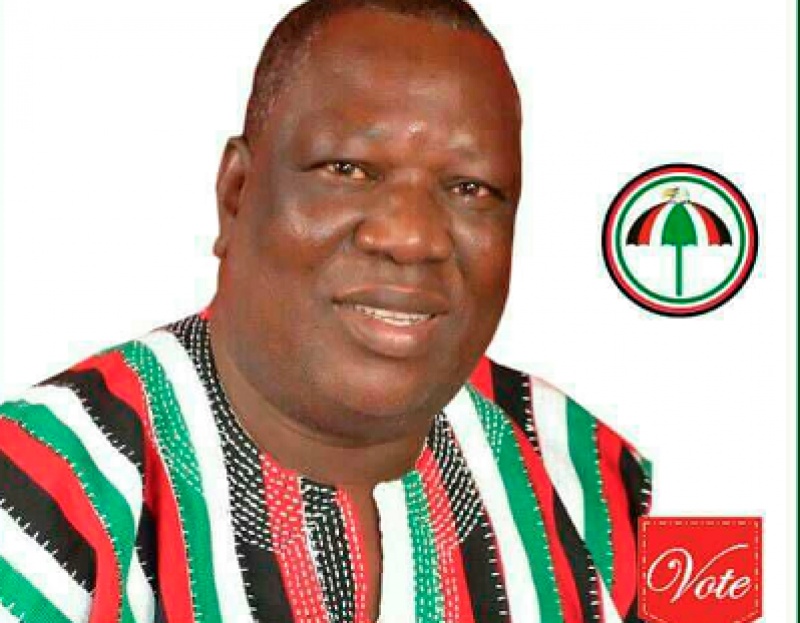
The total value of all mobile money transactions done in the first quarter of the year reached GHS 52billion, a more than 68 percent growth over the figure recorded in the same period last year.
According to the Bank of Ghana, in the first quarter of last year mobile money transactions valued some GHS 31billion, while the total volume of transactions reached GHS 198.2million.
However, within the first three months of this year, the volume of transactions climbed to GH¢312.9million.
The figures contained in the 2018 first quarter Payment System Statistics revealed that as at March 31, 2018, there were more than 11.24 million active mobile money accounts out of the over-25 million registered accounts.
In terms of the total amount of money contained in the wallets of account holders, that is balance on float, the period under review recorded in excess of GHS 2.2billion – a 49.3 percent increase over that of Q1 of 2017.
The uptake in mobile money usage comes at a time when the controversy over whether the service should be taxed is gaining momentum.
The numbers point to a booming business for mobile telecom operators, even though consumers complain the service charges are a rip-off.
Mobile money accounted for 15 percent of the total revenue recorded by MTN in the first quarter of this year.
MTN, operated by Scancom Ghana Limited, currently has the lion’s share of the mobile money market, as it boasts of more than 7 million of the 11 million active mobile money users.
Mobile money tax, a non-starter
The idea of taxing mobile money transactions was suggested by the Communications Minister, Ursula Owusu Ekuful, during her vetting by Parliament’s Appointments Committee in February 2017.
She told the committee that it may not be a bad option as it would generate revenue for government; though she said government is yet to consider its decision.
But Akinwale Goodluck, Head of sub-Saharan Africa at GSMA-the global body that represents the interest of mobile operators worldwide, argued that imposing any form of tax on mobile money transactions will be a major drawback to the financial inclusion agenda championed by government.
“I am very concerned anytime there is any indication that government or anybody wants to take any step that may inhibit the growth of mobile money. When you tax mobile money, you are taxing the people who are probably the most excluded in mainstream financial service.
“These are people who have found a financial niche in mobile money and taxing it will raise the cost of such a service. There is a strong likelihood that this will be a disincentive for people to use mobile money, and it could reduce mobile money adoption and increase the divide in terms of financial inclusion,” he told B&FT at the GSMA Mobile 360 Series West Africa last month.
Source : thebftonline.com


































